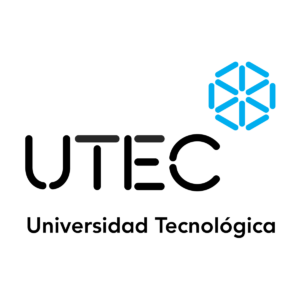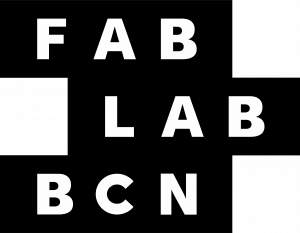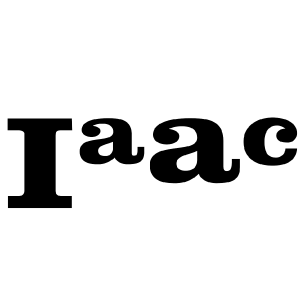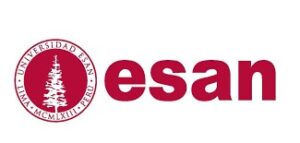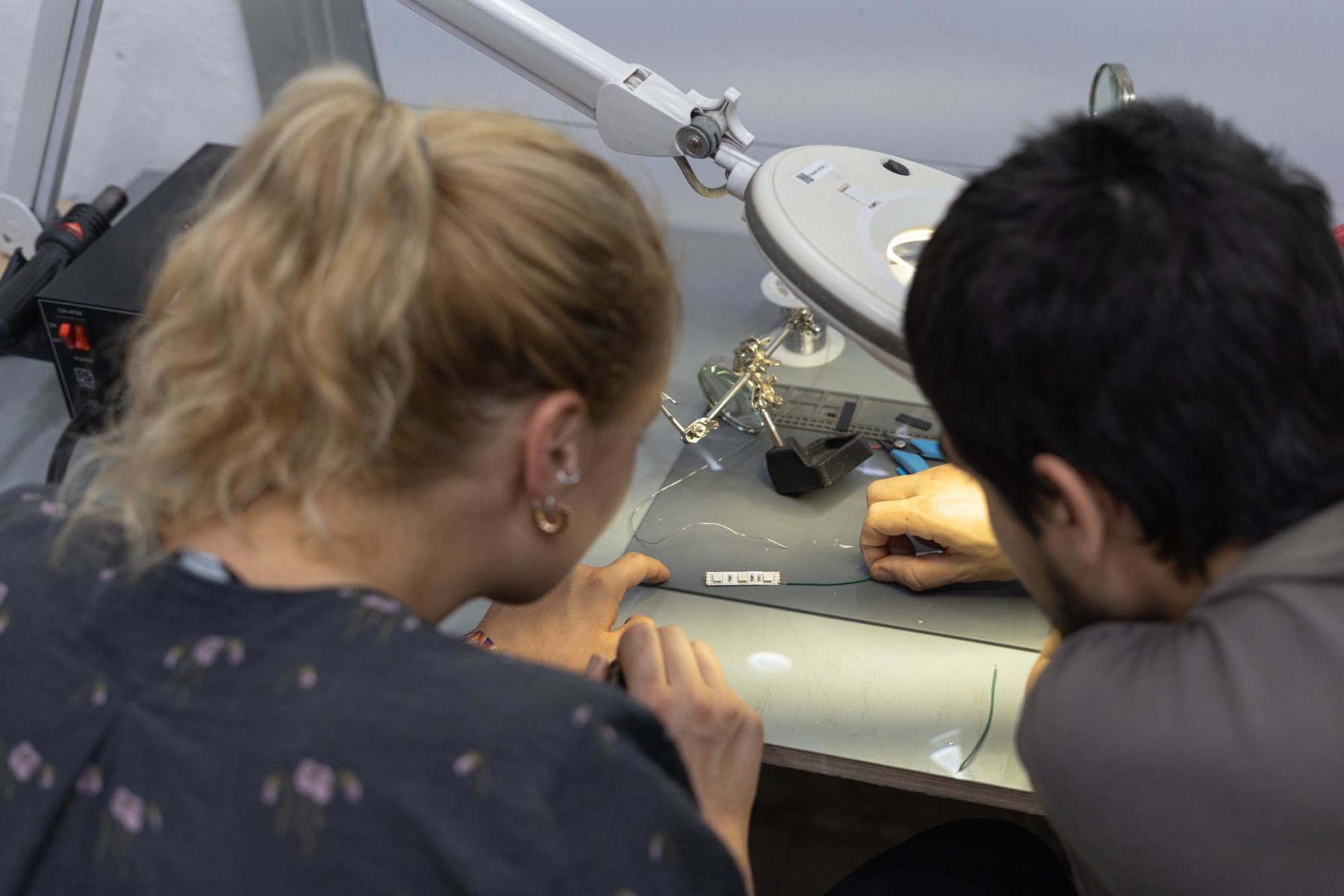
Specialization in Digital Fabrication and Innovation
The Specialization in Digital Fabrication and Innovation or Especialización en Fabricación Digital e Innovación (EFDI) focuses on design, technology and venture development, based around innovation and sustainability.
Course Length
10 months, starting March 2024
Modality
Distributed and Hybrid (part online, part in-person)
Price
4500$
Where?
Online and in person in partnership with participating nodes at the regional level.
Nodes are located in Latin American Universities.
Language
Spanish
Partners
Done in collaboration between Fab Lab Barcelona (FLB), the Technologic University of Uruguay (UTEC) and Universidad ESAN from Peru.
Overview
The specialization aims to develop professionals trained in generating innovative proposals adapted to current needs using methodologies based on innovation and sustainability supported by digital manufacturing technologies within the framework of open innovation laboratories. The main focus is to promote projects with positive impact at the local level, while considering their transformative capacity on a global level.
It is based on a distributed learning model that combines online and practical education. This connects a global community of changemakers with local innovators to address various challenges.
Specific objectives
- Develop distributed and sustainable design competencies for solutions based on innovation methodologies, applying a collaborative management model that identifies and develops opportunities for interdisciplinary co-creation aimed at improving the social and general living conditions of the community, promoting projects with positive impact locally and globally.
- Provide tools for the identification of alternative production methods focused on circular economies that aim at concrete and sustainable solutions for products and/or services.
- Develop technical skills for the use of digital manufacturing technologies in relation to innovation laboratories.
Structure
The distributed education methodology is based on the creation of an education network formed by local and global nodes where students work in local nodes with local mentors, in turn, connected globally by platforms with global mentors.
Overview
- Bi-weekly online seminars with local and global mentors.
- Workshops on Entrepreneurship, Open Innovation and Circular Economy.
- In-person internships at the nearest Open Innovation Laboratory (local node).
- Development of a personal project.
- Project-based learning (PBL).
- Teachers from the Fab Lab Barcelona and UTEC
The Specialization is aimed at the design, experimentation and verification of innovative techniques applied to projects that seek a positive territorial impact, which responds to the demands of social and productive, public and private sectors.
The curriculum includes multidisciplinary components that aim to incorporate different visions to approximate innovative and sustainable responses to the challenges presented by each context. On the other hand, specific components are offered that seek to practically study new methods and uses in relation to digital manufacturing technologies within the framework of open innovation laboratories.
The curriculum is made up of modules distributed in 4 thematic axes:
- Technology and Fabrication
- Design
- Innovation and Sustainability
- Integrating Final Project
The Specialization will be taught with a hybrid educational modality that combines both face-to-face and virtual teaching methodologies on digital manufacturing oriented towards innovation within the framework of open innovation laboratories, as a way to enable the compatibility of study and practice. All participants must present as their final work a project that will be developed as a central axis during the course.
To expand the scope of practices in the laboratories, a hybrid modality is implemented that allows students to participate remotely. The modality combines:
- online courses – asynchronous learning
- online classes and activities in virtual classrooms – synchronous learning
- workshops and face-to-face practices
- workshops, discussions and seminars in webinar format
- Group work instances
The face-to-face component corresponds to practices in open innovation laboratories.
Student Profile
The Specialization in Digital Manufacturing and Innovation is aimed at people who work in the branches of design, art, industrial production, architecture, social entrepreneurship, education, audiovisual production, engineering and related technological areas. Among the contexts of professional performance with direct application are those linked to:
- Governmental and non-governmental organizations, and companies dedicated to the design of processes with an innovative and sustainable approach.
- Educators and professionals who want to specialize in innovation methodologies assisted by applied digital manufacturing technologies.
- Industries and companies linked to the development of technology-based products and services.
- Educators, entrepreneurs or professionals in charge of technology-based innovation laboratories.
- Technology-based and sustainable entrepreneurs.
Partners
UTEC is a public Uruguayan university, with a technological profile, oriented towards research and innovation. It was born in 2012 and committed to the country’s strategic guidelines and with the objective of making access to tertiary university education more equitable. UTEC’s educational model is flexible and open to the world, promoting the collective construction of knowledge and the construction of unique learning paths through activities that strengthen the competencies essential for the professional performance of its students.
Fab Lab Barcelona, part of IAAC, is a think and make, a laboratory for research, services and education, driving and developing investigations into citizen-centered technology, digital fabrication, productive citizens and emergent futures. We work in strategic areas of expertise that drive our programs and research: Civic Ecology, Distributed Design, Emergent Futures, Future Learning, Materials and Textiles, Productive Cities and Sense Making. Founded in 2007 it was the fourth Fab Lab to join the Fab Lab Network initiated by MIT’s Center for Bits and Atoms (CBA) and the first one in the European Union.
Institute for Advanced Architecture of Catalonia – IAAC
IAAC is a center for research, education, production and outreach, with the mission of envisioning the future habitat of our society and building it in the present. IAAC follows the digital revolution at all scales (from bits to geography, from micro-controllers to cities, from materials to the territory) to expand the boundaries of architecture and design and meet the challenges faced by humanity. It is an open, independent, and radical non-profit foundation, with 20 years of activity; inspired by the values of Barcelona, the capital of architecture and design, where urbanism was invented and where a local high-quality and innovation-oriented research is connected to an international network of excellence in technology, architecture, and society fields.
ESAN is the first graduate business school in the Spanish-speaking world. It was established on July 25, 1963, as the Graduate School of Business Administration (ESAN), under an agreement between the governments of Peru and the United States, and under the auspices of the Stanford University Graduate School of Business Administration in California. Driven by its vision to contribute to the development of management in Peru and Latin America, ESAN stands as the institution that has contributed most significantly to the country’s business development and is recognized as a breeding ground for business leaders, both nationally and internationally.
